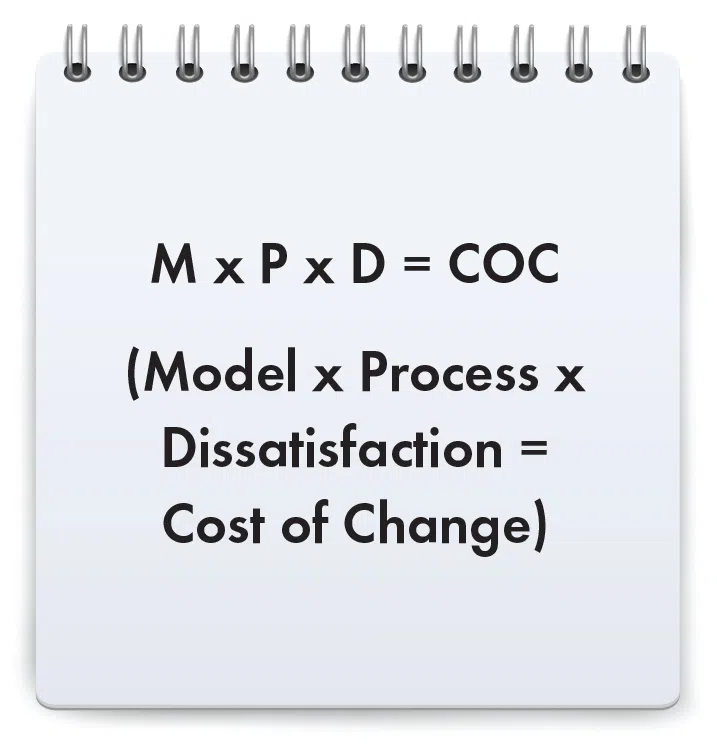Contractors who are successful in new construction may not enjoy the same fruits in retail.
As the residential-new-construction building industry slows down, or basically dries up as it has in several areas around the country, many of the hvac contractors who specialize in residential new construction decide to become active in the residential retail business. Their objective is, of course, to create enough revenues and profi ts to remain in business. In my 46 years of working in the hvac industry I’ve seen this scene play out many times and always with the same results.
Some of those contractors will be successful in their retail endeavor. However, the majority of them, once the new-construction market returns, and eventually it will just as it always does, will decide to abandon their retail focus and return to the business they know best, and with which they have built their company.
Why are these companies often not successful in their retail effort? There are four reasons:
1) They do not understand or are unwilling to adopt a “retail mentality” and drive that philosophy to a company culture.
2) They are unwilling to make the investment necessary for the coaching they personally need, the co-workers training, the required marketing, and the necessary processes and systems.
3) They do not distinguish within their company a separation between the activities of new construction and retail.
4) They are continually distracted by their new-construction business and cannot give the retail business enough of their time. When the new-construction market returns they gradually (sometimes not gradually) return to the business they know.
Retail Mentality
Successful hvac retailers think and act like other successful non-hvac retailers. They work diligently at getting new customers. Just as importantly, or more importantly, they work hard at keeping customers. They develop and market from a portfolio of various products and services available for their customers. The coworkers are well trained in customer relation skills, and function accordingly. All co-workers understand they are to participate in their company’s sales process by either closing sales or turning in sales leads that result in presentations by a sales representative.
Operating as a customer-focused, marketing-driven organization, they always consider their customers’ interests when making decisions. They make certain that they conduct business at their customers’ and prospective customers’ convenience. Being convenient includes having consumer fi nance programs and answering phone calls and being available to respond and perform work beyond those times that hvac new-construction contractors operate.
Investment
HVAC retail provides a good example of the old saying, “You have to spend money to make money.” The ratio of inside-support co-workers versus outside-production co-workers is different than new construction. It takes more inside support co-workers in retail. This requires an investment in recruiting and hiring, energy, time, and dollars. After the initial retail marketing expenses, expect to spend 6% to 10% of retail revenues, after manufacturers’ co-op participation, in on-going marketing expense.
Serious and committed leaders of hvac companies entering the retail business often join one or more of the various industry alliances, engage the services of an experienced consultant, and get serious about spending time reading trade journals.
They are willing to invest the money and time to read an hvac book or hvac guide. They might also join an information- sharing contractor group that meets two to four times annually — often the groups consist of four to eight members. Additionally, they should become more active in their community. They develop an on-going, structured, quality training program for all co-workers that will address technical, customer relations, and company processes.
Time, energy, and dollars are required to recruit, hire, and train service technicians, installers, and sales representatives. Many solid processes must be developed and implemented on how the business will operate, and all co-workers must be trained on how to use them. The accounting and operating systems must be capable of supplying the data and management information required.
Separation of Activities
HVAC companies that perform both residential new construction and residential retail learn as they grow larger to separate the activities of the two groups. As an example, the dress and personal grooming standards of the retail group’s service technicians and installers who each day enter into customers’ homes is more critical than new-construction installers. The choice of their words and the way they are expressed (which should be included in a training program) are very important when interacting with customers.
It is easier for hvac residential retail companies to sell to larger acquiring companies than hvac residential-newconstruction contractors because the customers are much more loyal to the company.
The 20% - 35% new-construction gross margin is a wide range and sometimes is often a little higher on custom homes. The 40% - 75% retail gross margin reflects replacements generally at the lower level of the spectrum. At the midlevel of the spectrum: accessories, service agreements, and IAQ. The higher level of the spectrum includes demand service and duct cleaning.
Accounts receivable in retail can be even much better than the chart indicates. On replacement sales (highest dollar value) the company often gets a 25% to 50% deposit at the time of sale, and the installers collect the balance when completing the job. The majority of demand service is collected by the service technician before leaving the home, and most service agreements are paid one to three years in advance.
Distractions
For residential new-construction contractors, the No. 1 culprit keeping them from being successful in their retail effort is the need to constantly deal with new-construction distractions. This occurs because of one or two reasons (or both). They were not totally committed to their retail effort, or they did not delegate many of their previous new-construction activities to other leaders and co-workers.
With all of this said, there have been, and will be, companies that successfully complete the diversification to retail. For those folks, here’s to happy retailing.
Ron Smith is a well-known leading authority in the hvacr industry. A very successful contractor, franchisor, consultant and consolidator, he has owned or co-owned 14 businesses — a true entrepreneur. His best selling and highly acclaimed book “HVAC Spells Wealth” can be seen and ordered at www.ronsmithhvac.com or phone 615-791-8474.




.webp)
